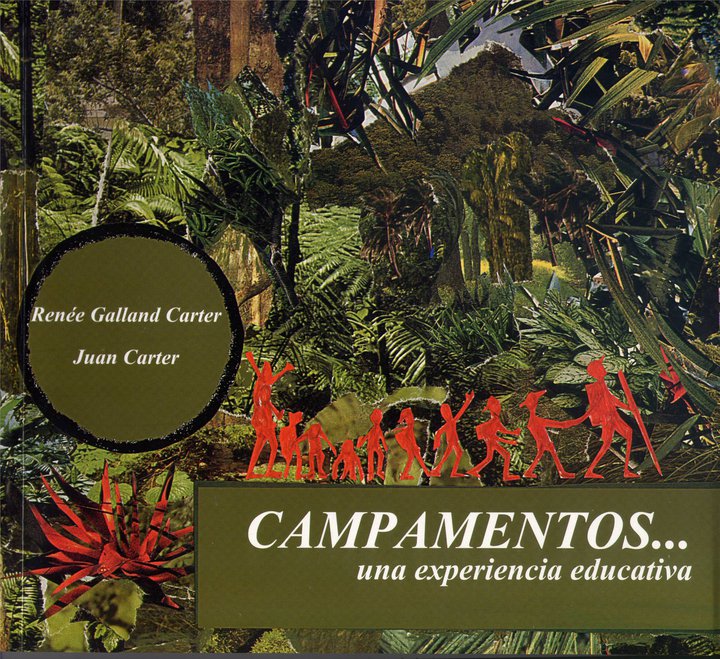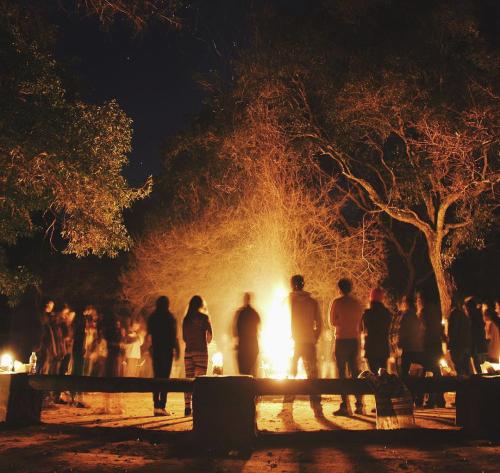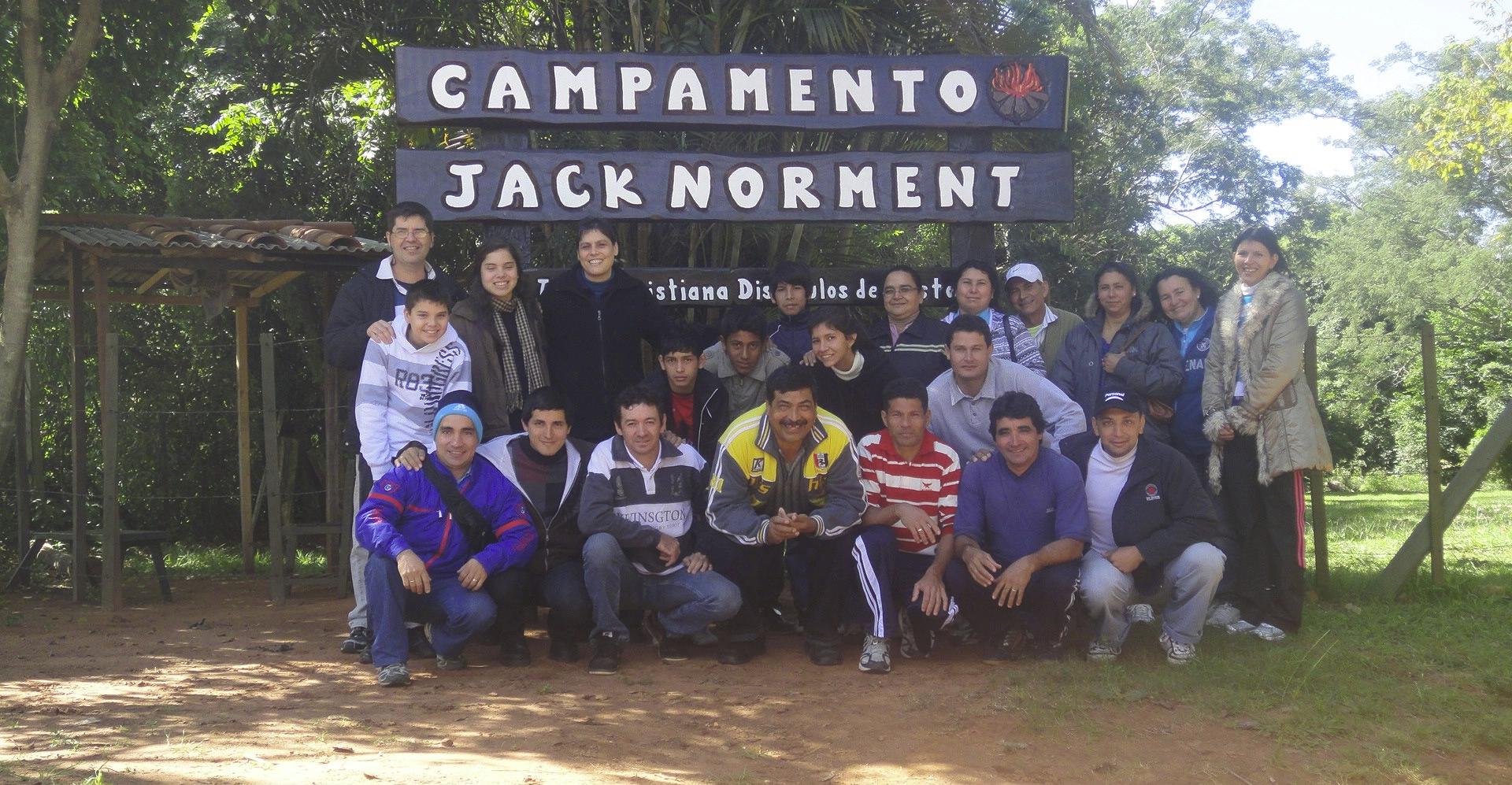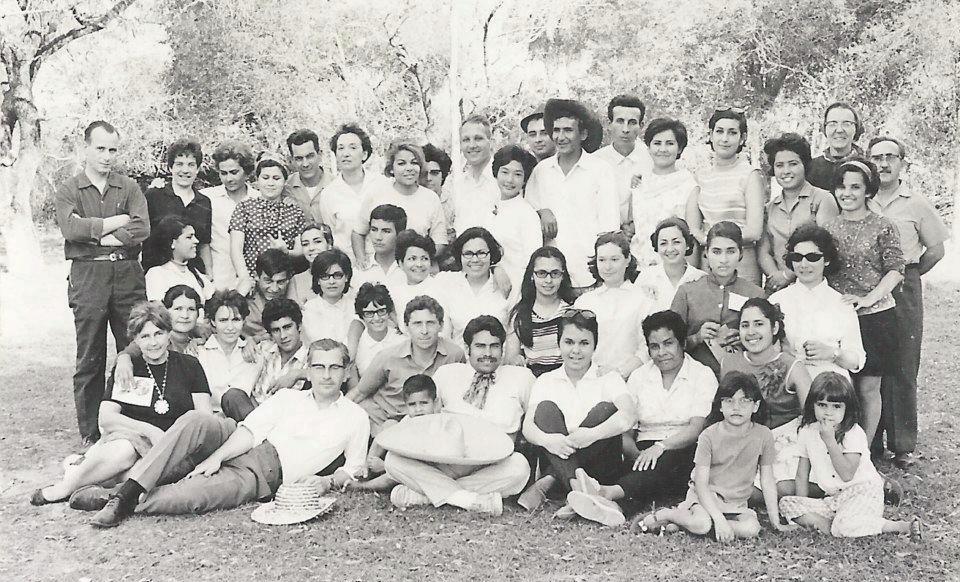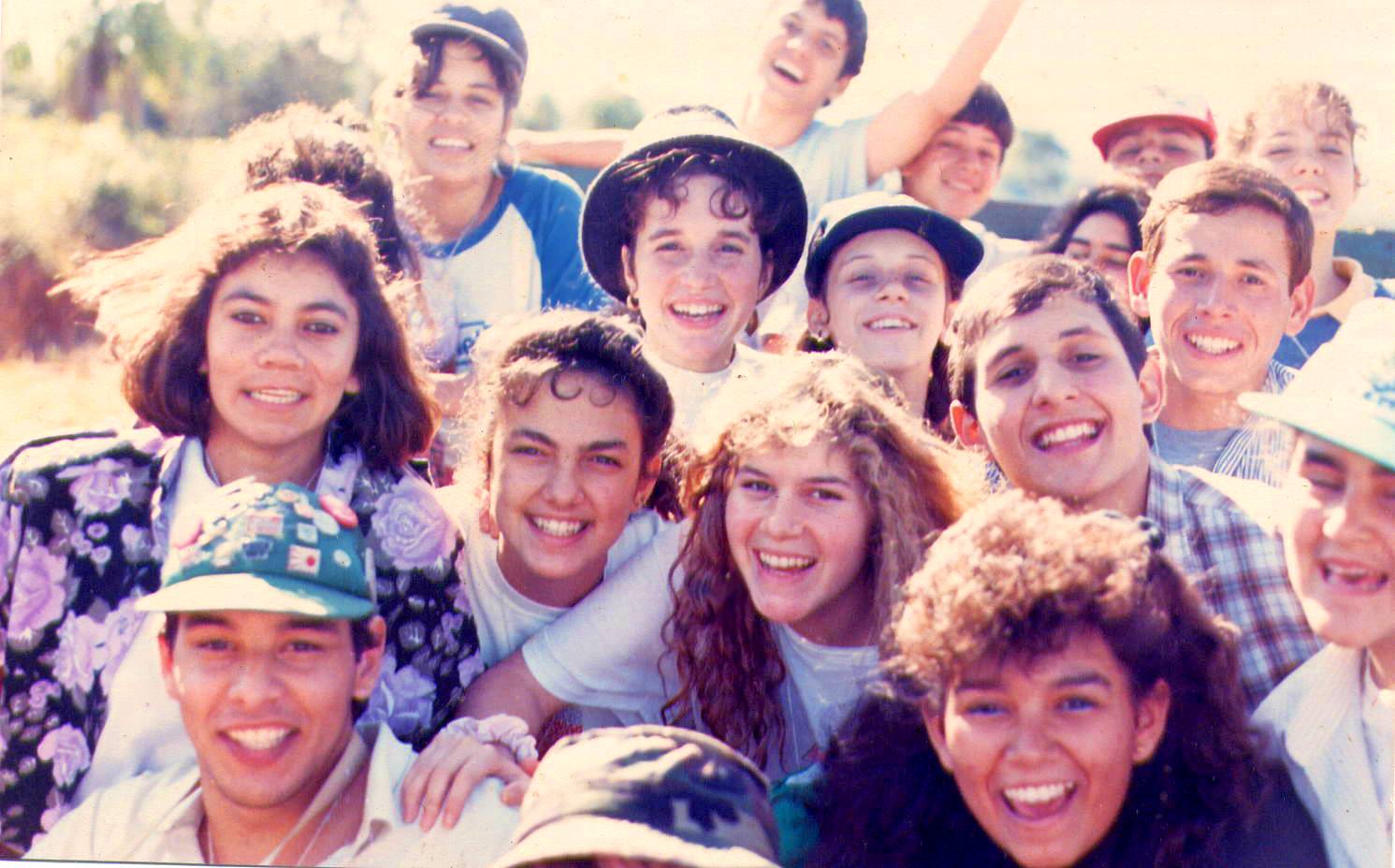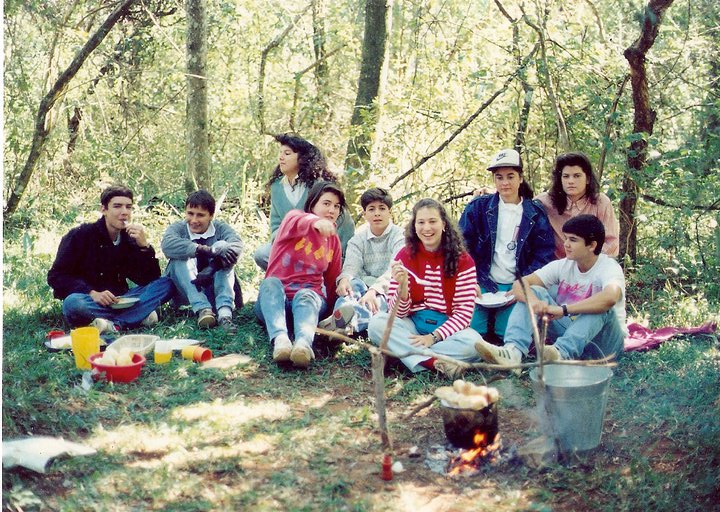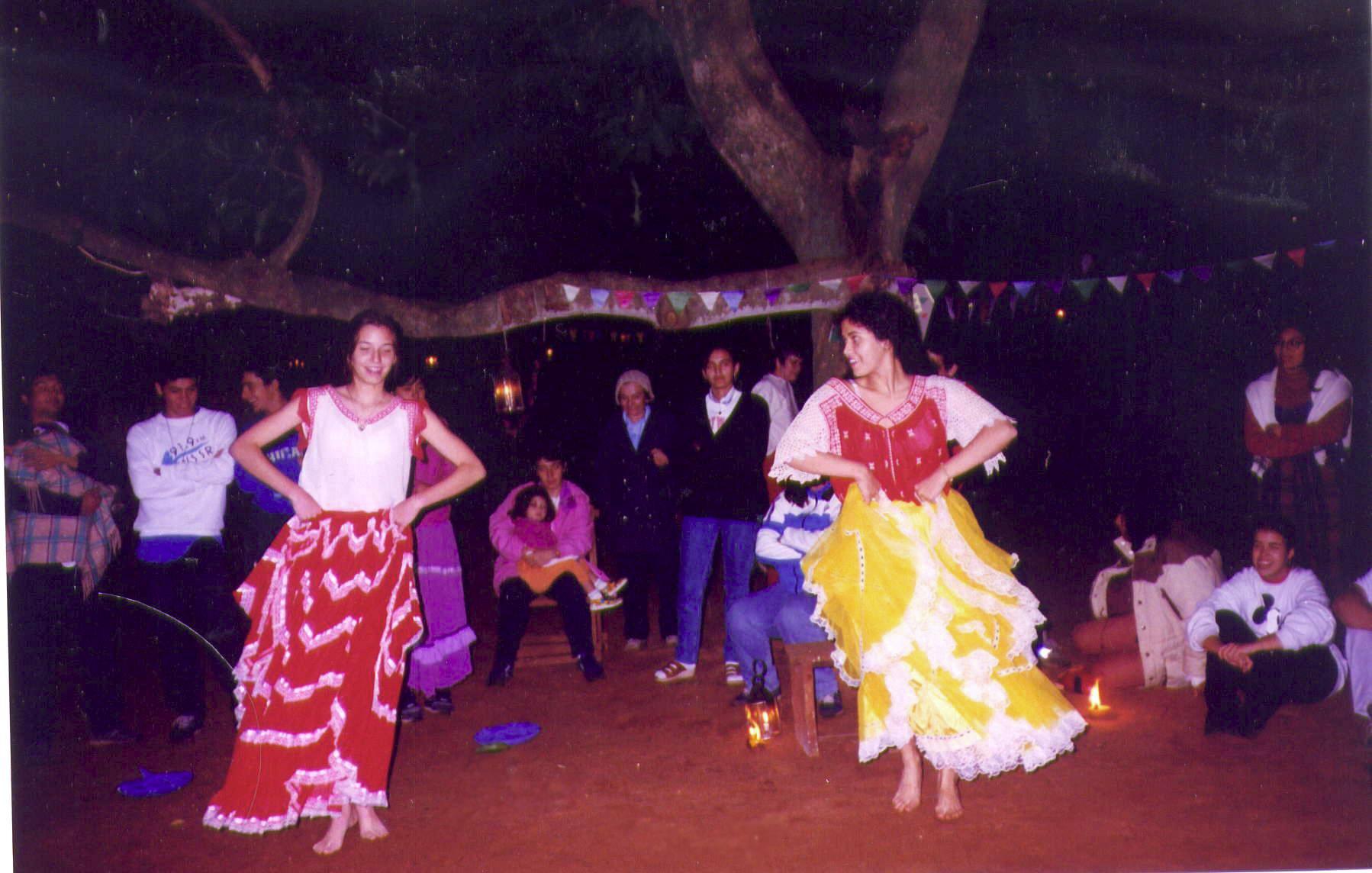Seeds for Peace
This initiative seeks to mobilize youth through a national service program that builds on the camp pedagogy to foster social integration and civic education. It is designed to engage youth in activities that support community development and environmental protection. The aim here is to establish a pioneer model that strives to:
Integrate youth from various social classes and geographic regions
Cultivate democratic values and leaders and abilities for peaceful coexistence
Nurture solidarity and an ethos of public service
Bolster life skills and enhance employability
Build social capital and self-confidence
Promote social networks and associations
Create an enabling policy environment for youth concerns
Instill a sense of civic responsibility.
The camp pedagogy provides many advantages for development of civic virtues. A well-organized camp, led by competent facilitators, can offer an invaluable tool for the promotion of teamwork, social dialogue, knowledge sharing, and peacebuilding. Multi-day camps produce several pedagogical benefits, namely:
A total immersion process. Participants leave their homes and normal surroundings and join other people to partake of a special experience. Lodged in an agreeable setting, they share their everyday life with fellow campers, from morning to night.
Extensive contact with nature. Camps are usually organized in places surrounded by forests, or close to a lake, a river or an ocean beach. This ambiance tends to create a relaxed context, which heightens new sensitivities.
A unique venue for sharing experiences and learning life skills. Camps can foster a capacity for introspection and communication, greater self-control and sense of responsibility, as participants learn to abide by camp rules and schedules. Moments of inter-personal exchange can help forge intense friendships.
An auspicious environment for social learning. Camps often combine playful activities – to “break the ice” and foster a positive group dynamic – with moments of group reflection and personal introspection. People are more apt to learn new skills when they feel they are taking part of a fun and constructive experience.
Foster a simple, communal life-style. Participants share common spaces and work together to keep the camp well-ordered. People here disconnect from their phones and digital gadgets, and center their attention on group activities. The communal life-style helps reduces social disparities between participants, and enables people to be valued for who they are, rather than what they have.
A review of the camp pedagogy with practical insights on this educational experience can be found in, Renée Galland Carter and John S. Carter, Campamentos … una experiencia educativa (Camps ... an educational experience).
For an overview of the project, set in the context of Paraguay, see Miguel Carter’s presentation at a Gramo event held in Washington, DC (in Spanish).
